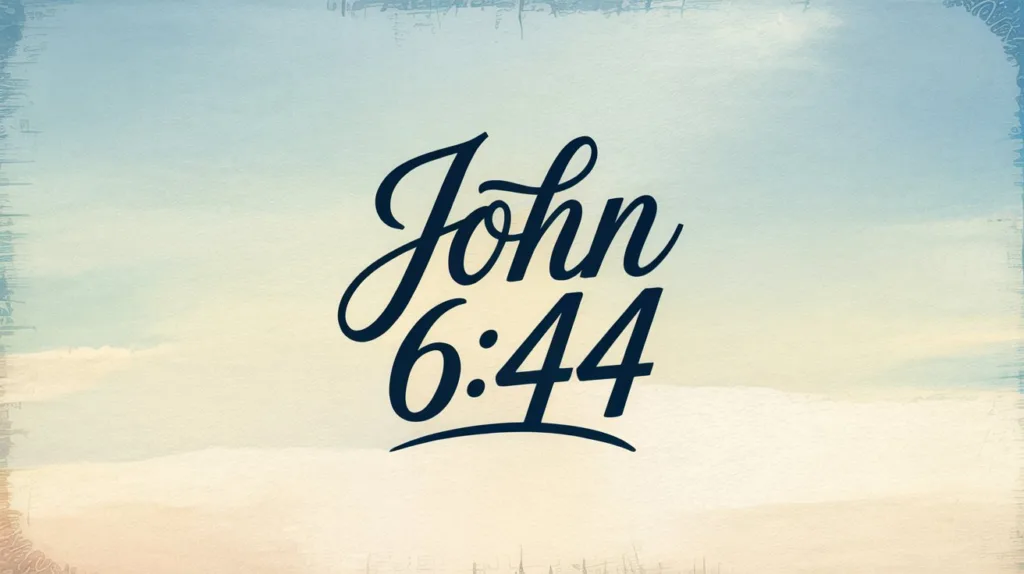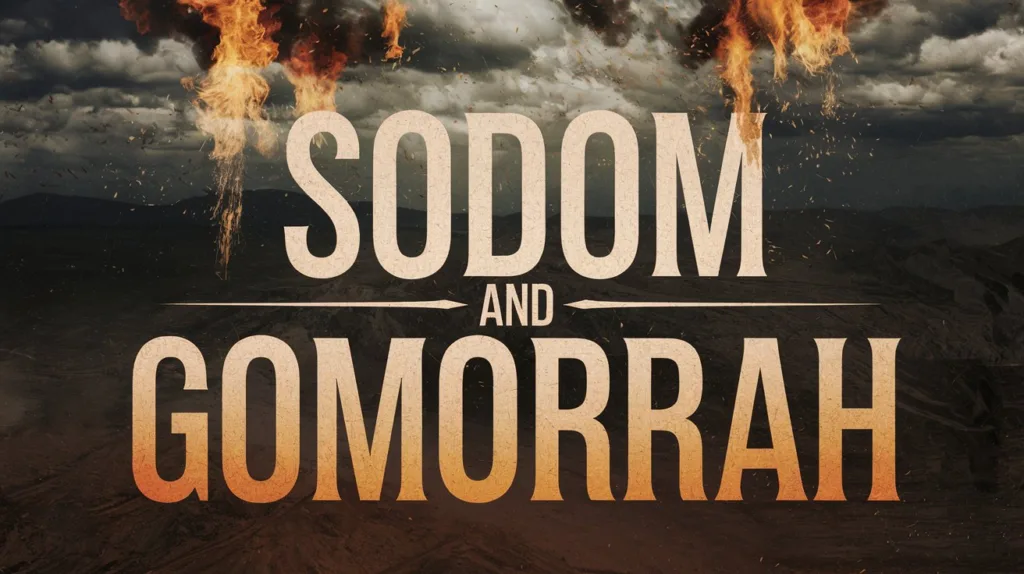The declaration “The LORD said to my Lord” is foundational to understanding Christ’s divine identity and relationship with the Father. In this brief psalm, David, the anointed king and prophetic servant, speaks words that reach beyond his own life and point to the eternal Son and Father.
David the Psalmist: A Prophetic Voice
Psalm 110 begins:
“The LORD said to my Lord: ‘Sit at My right hand, till I make Your enemies Your footstool.’” (Psalm 110:1)
Here, there are two distinct titles: Jehovah (YHWH), speaking to Adoni (“my Lord”). David refers to himself as the speaker and “my Lord” (Adoni) refers to someone greater than David, yet David calls him “my Lord.” It is a declaration of submission and recognition of authority. The Messiah is not merely David’s descendant, this is his Lord.
The Divine Dialogue
Notice the conversation:
Speaker: YHWH (translation: “The LORD”)
Recipient: Adoni (“my Lord”), not David himself, but One exalted above David
If David were speaking of himself, the verse would be self-referential, yet it is not. Instead, it indicates a conversation between two divine Persons: the Father (YHWH) and the Son (Adoni).
Messianic Expectation
Jesus referenced this psalm Himself when challenged by the Pharisees:
“What do you think about the Christ? Whose Son is He?” They said to Him, “The Son of David.” He said to them, “How then does David in the Spirit call Him ‘my Lord,’ saying: ‘The LORD said to my Lord…’?” (Matthew 22:42–43)
Jesus used this exact citation to demons/”>demonstrate that the Messiah is not simply David’s son, but the Son of God, equal to David’s Lord. If the Messiah were merely human, David would not call him “my Lord.”
Son of David and Son of God
Christ is both:
Son of David: born of David’s line, fulfilling prophecy (Luke 1:32–33)
and
Son of God: divine, seated at the Father’s right hand (Hebrews 1:3, 8–9)
Psalm 110:1 acts as the hinge point: it starts with the Lord’s authority and ends with the Messiah’s exaltation and rule.
Priest and King
Psalm 110 continues:
“The LORD sends forth from Zion Your mighty scepter. Rule in the midst of Your enemies… You are a priest forever according to the order of Melchizedek.” (Psalm 110:2–4)
This adds layers to the prophecy: the Messiah is both King and Priest, unlike David, he fulfills both offices eternally. Hebrews attributes this psalm as a core proof of Jesus’ eternal priesthood in the order of Melchizedek.
Implications for Theology and Worship
When David says “Let my Lord…” he is declaring the divinity of the Son. It signals: The deity of Jesus, The unity and distinction within the Godhead (Trinity) and Christ’s role as eternal King-Priest.
My Final Thoughts
Psalm 110:1 is not poetic hyperbole, it is prophetic revelation. David, inspired by the Spirit, identifies someone greater than himself who bears divine authority. Jesus affirms that this is fulfilled in Him as the Messiah. In His ascension and exaltation, Christ is seated at the Father’s right hand forever. The phrase “The LORD said to my Lord” invites us to worship both Persons of the Godhead in unity and reverence.





 Get the book that teaches you how to evangelize and disarm doctrines from every single major cult group today.
Get the book that teaches you how to evangelize and disarm doctrines from every single major cult group today.